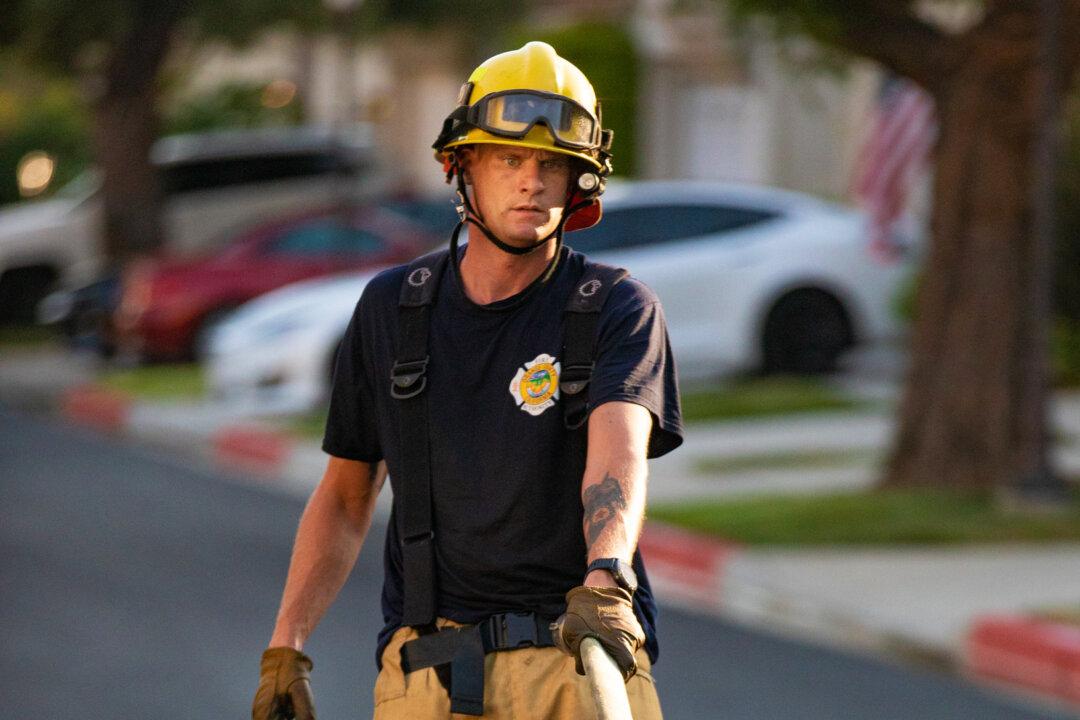Congressman Max Rose (D-N.Y.) praised President Donald Trump for signing into law the Safeguarding America’s First Responders Act on Aug. 14.
Rose has led the effort in the House to guarantee that public safety officers who catch the CCP (Chinese Communist Party) virus while on duty are eligible to receive death and disability benefits.





